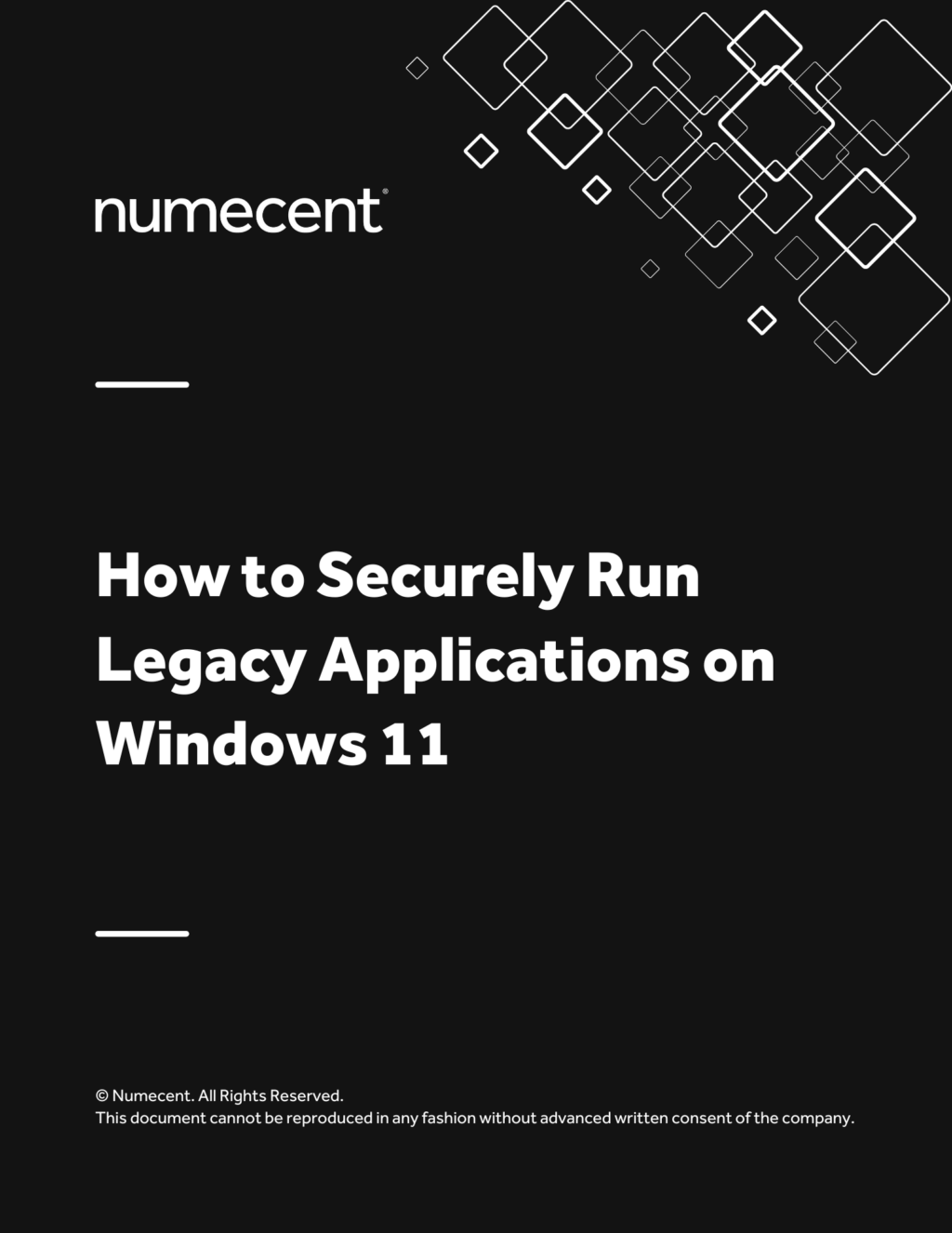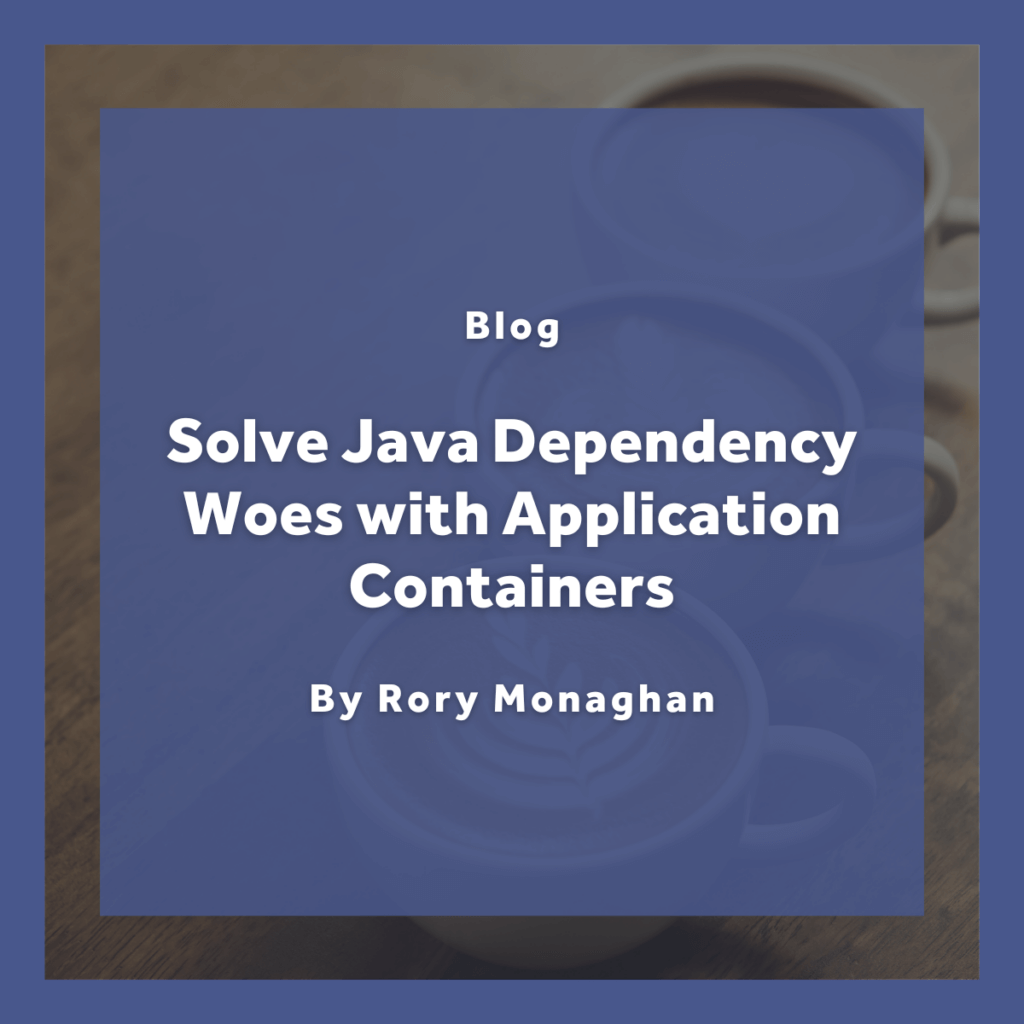Microsoft Discussed Legacy Win32 Applications at Disrupt 2024
During IGEL Disrupt 2024, Gabe Knuth discussed the prominence of business-critical Win32 applications. There are many factors behind this. While there is a push towards web-based SaaS applications and web frameworks for net-new applications, there are many existing Win32 applications require a lot of developer investment and effort to refactor into SaaS applications. Some applications have web-based versions, but consumers preferred the experience of using the traditional, feature-rich client versions. Enterprises still have business-critical applications designed for legacy operating systems that cannot inherently run on modern OS or be updated to a new type of application. Throughout his session, Gabe made a compelling case for why management of Windows application is still as relevant today and as important as ever.
Most Enterprises Have Business-Critical Legacy Applications
I spent many years working in enterprise IT for healthcare organizations. To meet very strict regulations around preserving access to patient data, we were required to maintain support for various versions of legacy EHR applications. I once encountered a department that required a certain type of claims check to be printed to adhere to state regulations. The software used for generating these checks was created by a developer who unfortunately passed away some time ago. These types of claims were niche and the organization considered paying for development of an alternative product to handle the required workflow. It was decided the re-development project was not a worthwhile investment, as management preferred to find a way to maintain use of the application as it was. These are just two examples I encountered where maintaining legacy applications that were deemed operational requirements.
I have so many other examples I could discuss, and I am sure anyone working in enterprise IT for a medium to large size organization has similar stories.
Cloudpaging® Secures Applications with Legacy Java Runtime Requirements
Since late 2023, we have had an influx of customers reaching out to us with questions and use cases for packaging legacy runtime applications into application containers to keep using a dependent application working on modernizing to an alternative application (click on the blog thumbnail to the right to read more). We have had organizations who relied on Java Web Start applications looking for a way to seamlessly to an open-source alternative which would not provide support but would at least maintain their existing applications.
In present day, where application vulnerabilities are being exploited by cyber gangs quicker than ever, the potential for deploying legacy applications, legacy runtimes, or open-source applications that lack enterprise-grade support is a scary prospect. If a cyber gang breaches your network and performs a scan of installed applications. The applications are running processes on your desktops. This could lead to a serious incident, including the possibility of a ransom attack.
Of course, the approaching mindset of today is one of zero trust you should assume it is a case of not you will be breached but when. You can put whatever security you wish in place, but nothing is guaranteed to prevent a breach or attack but there are solutions which can offer some extra layers of protection and make cyber gangs work a lot more difficult.
Containers Securely Modernize Legacy Applications for Modern OS
When it comes to continuing the use and deployment of legacy applications, application containers provide a way to run these applications in isolation. This prevents other applications, un-entitled users, and the local system from accessing these legacy apps. If an application requires an obsolete OS component, it is possible to put that component into a container, isolating it from the local system. This prevents application conflicts and enables the legacy application to seamlessly run on the latest Windows OS. Cloudpaging® application containers can also be uniquely encrypted per machine and prevent copying in or out of the container space, ensuring the integrity of the container and the local system, while maintaining functionality of your sensitive legacy applications.
Application containers can also be set to run in a selected Windows Compatibility mode. Doing so provides applications a form of emulation, allowing them to continue functioning on the latest OS. By applying this at the container level, you ensure the compatibility mode does not add excessive overhead to all processes on the system.
Our customers have successfully packaged legacy applications on older operating systems years ago (e.g., Kingston University packaging Windows 7 applications for Windows 10) and simply lifted and shifted these applications to the latest modern Windows operating system with no need for work.
“We’re going to Windows 11 on all devices we can. It will literally be an overnight experience”
Mark West, Workspace Platforms Manager, Kingston University
This helps expedite future Windows OS migrations. If you are starting your Windows 11 journey, I strongly recommend you check out our previous webinar How to Make Windows 11 Your Last True Application Migration, which is now available on-demand. It covers the benefits of our Cloudpaging application container technology and Cloudpager® – our application container orchestration platform for Windows desktops – which help eliminate the need for future application migrations by ensuring you can support your legacy applications with enhanced desktop security.

Leverage Cloudpaging to Securely Run Your Legacy Applications on Windows 11
Securing legacy applications in modern enterprise IT environments requires application containers. This ensures even your most complex legacy and custom applications can seamlessly run on supported Windows operating systems in a compliant fashion without sacrificing functionality or performance.
Download the whitepaper for more in-depth information on containerizing legacy applications so they can be deployed to Windows 11 (and beyond) in a secure and compliant fashion, without sacrificing functionality or performance.
